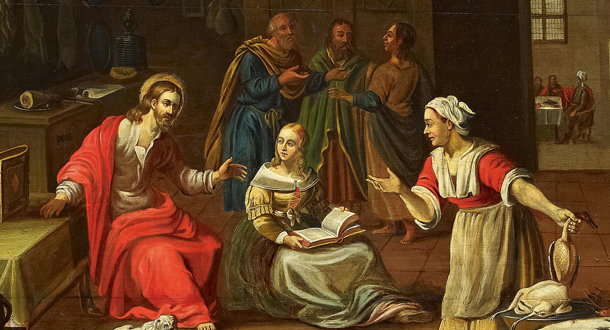
Feast of the Transfiguration of the Lord
Scripture:
Daniel 7:9-10, 13-14
2 Peter 1:16-19
Luke 9:28b-36
Reflection:
On this day 74 years ago, the relationship between the earth and humans changed forever. Men and women have lived on our planet for about 200,000 years. During these 8,000 generations, with the exceptions of the last three, the forces of nature had directed and determined our relationship to our world.
With the development and deployment of the atom bomb, everything was irrevocably altered. We showed our full physical power to destroy, permanently, ourselves.
Today eight nations are stockpiling nearly 14,000 nuclear warheads, enough to obliterate multiple earths. Congress just passed funds to “modernize” our nuclear arsenal and treaties with Russia to curb the arsenal are being discarded.
How ironic that on this feast, celebrating the mystical experience of Peter, James and John with Jesus on a mountain when in deep prayer, that the very first destructive weapon was unleashed.
The Transfiguration recognizes the dignity of humans in our relationship with God and the unique role of Christ in this relationship. It was the turning point in Jesus’ life, setting him on the path to Jerusalem where he was to confront the deadly powers of evil. We are called to unity, to love for one another, to build a just world, to confront the powers of evil…all in imitation of Christ.
This is the reason Pope Francis decried, in 2017, not just the use of nuclear weapons, but even the possession of nuclear weapons. “The threat of their use as well as their very possession is to be firmly condemned,” the pope stated.
God is a God of life, not death. As God’s sons and daughters, we are to be God’s presence on earth, fostering life.
The pope stated the existence of nuclear weapons creates a false sense of security that holds hostage international relations and stifles peaceful coexistence. Our security is found in God alone, not in warheads.
Starting in my home, workplace and marketplaces, am I life-promoting? A Peacemaker? Merciful?
Taking time to reflect on the dramatic feast of the Transfiguration is more than remembering an event in the lives of the three apostles and Jesus. It is a time to reflect on our God-created dignity and the amazing love of our Creator for each of us. It is an occasion for my own mystical experience of God Almighty.
Jim Wayne is a board member of the Passionist Solidarity Network (PSN), and author of The Unfinished Man. He lives in Louisville, Kentucky.

 Scripture:
Scripture:




